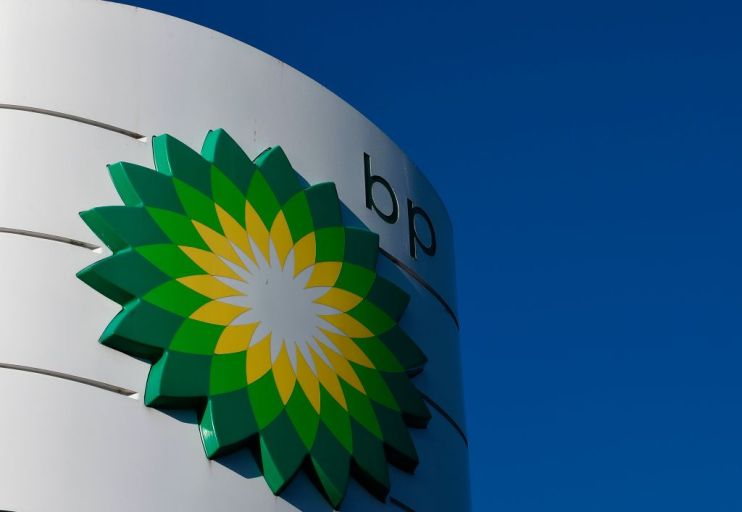BP’s plan is far bigger than a PR move

The closest thing to a boastful holiday snap on Bernard Looney’s new Instagram page is a rather dreary image of Bonn.
BP’s new boss was in the German city last week, so the caption tells us, to meet the head of the UN’s Framework Convention on Climate Change.
It should have come as no surprise to Looney (or at least not to his PR team) that social media users piled into the comments, lambasting the oil industry and BP in particular.
In response, Looney wrote “I see the many comments… I get it, I am listening to the frustration [and] I hope that what we say next week will help.” He was referring to the speech he delivered in London yesterday.
“Providing the world with clean, reliable affordable energy will require nothing less than reimagining energy, and today that becomes BP’s new purpose,” he said.
That phrase, reimagining energy, appeared as part of a huge new logo, looking more like the branding for an ethical smoothie than one of the world’s top oil and gas supermajors.
Just under 20 years ago, BP rebranded with the introduction a floral emblem, but today Looney was adamant that his new strategy is much more than another PR exercise.
There will always be some people for whom BP and the energy sector can do no right. Those demanding immediate divestment, overnight transitions to renewable across the board and global net zero carbon emissions before HS2 rolls into Birmingham will always view Looney and his colleagues as part of the problem.
This cynicism is misplaced. BP has just committed to a reduction in oil and gas production. As Sky’s Ian King notes, none of the other supermajors (Exxon Mobil, Royal Dutch Shell, Total, Chevron, Conoco Phillips and Eni) have done this. Looney said that if there is another “super-cycle” in oil demand “you will not see us chase it”.
He didn’t deny that his company would still be in the hydrocarbon business for decades to come (of course it will be) but he did unveil a major overhaul of the way the business operates and a rebalancing of investment away from oil and gas and into low carbon energy, innovation and carbon reduction.
The aim is for BP to reach net zero by 2050 and to halve the amount of carbon in its products by the same date. It may seem incremental, but that’s how transition on this scale works. To do this, and to take investors with them, BP will have to remain profitable.
While it’s true that we await much of the detail, we should at least recognise Looney’s sincerity — and see if he sparks similar reforms across the industry.